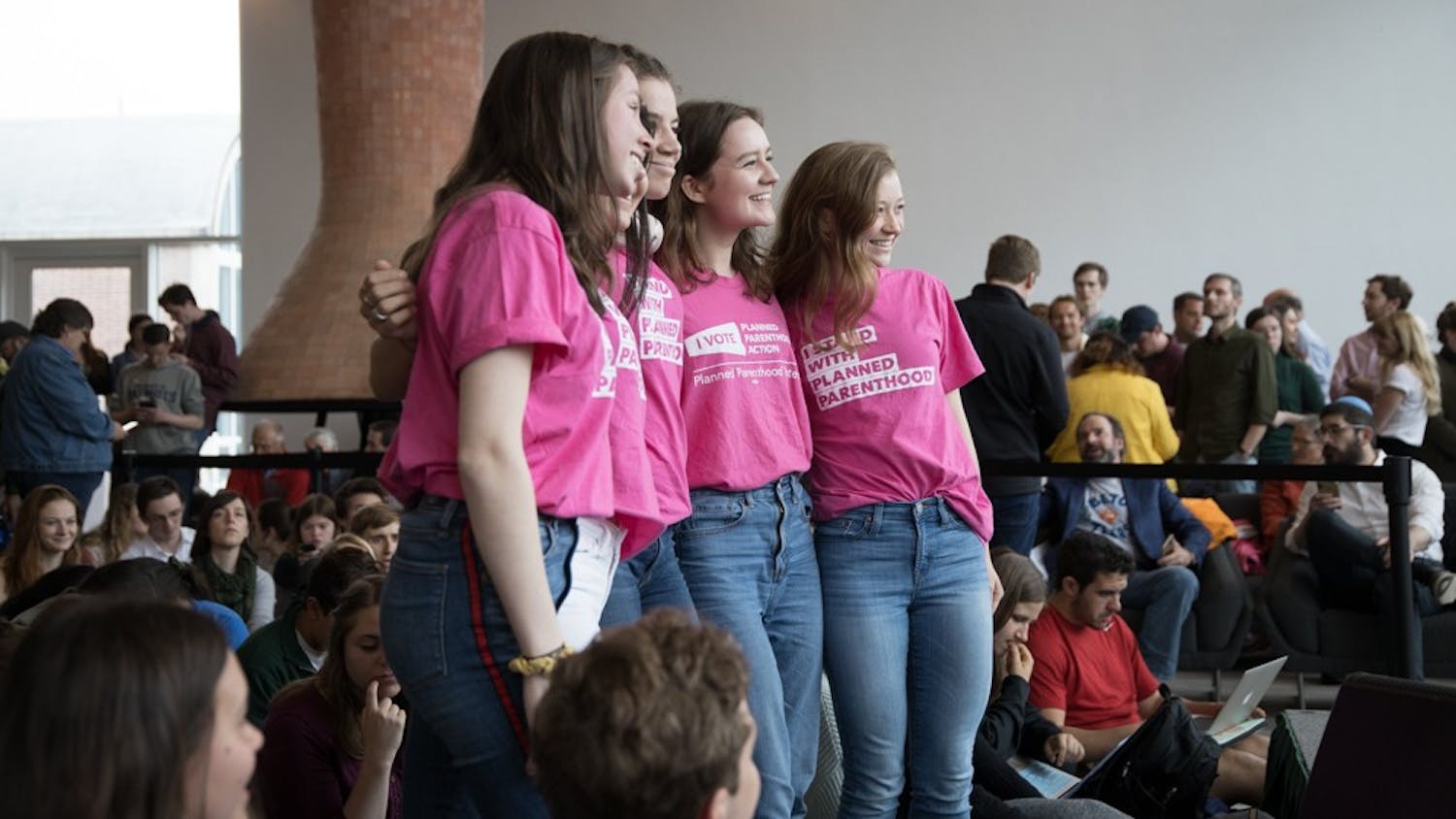When I was little, I asked my mom what makes Democrats different from Republicans. She tried to figure out how to explain the difference in 10-year-old-friendly terms. My mother’s response, not entirely tongue-in-cheek, was that “Republicans are motivated by self-interest, and Democrats are concerned about what’s good for others.” The differences as I learned them were not political; they were moral.
The way my mom explained it to me, Democrats cared more about liberal values like equality, justice and the importance of giving to others. My parents lived by these values. They sponsored immigrants and mentored ex-convicts who sought employment. They donated to Obama and canvassed for Clinton. I never doubted their commitment to their values. I should have doubted, though, that their values had anything to do with their political affiliation. I should have doubted the claim that Democrats had a monopoly on empathy and generosity.
I learned over time that my classmates had a similarly moralistic view of political parties. Anyone bratty was “probably a Republican.” Republicans were rich people who didn’t want to pay taxes; Democrats were the selfless givers. In high school, students whose parents were Republicans had to express shame for their parents’ beliefs. Otherwise, they, too, were labeled as amoral and greedy.
Like most Democrats, my mom was shocked by Trump’s victory. But rather than shaming and chastising those who voted Trump into office, my mom wondered how she could have gotten it so wrong. Rather than assuming that everyone who voted for Trump just didn’t know what was best for themselves, she wondered if maybe her own ideas about what was best for others were flawed.
After the election, my mom began reading Camille Paglia in addition to Gloria Steinem. Articles by Thomas Sowell and Milton Friedman littered our kitchen island. That summer, my mom turned Libertarian.
When my mom declared herself a Libertarian, my understanding of politics was turned on its head. Here was a woman who I knew cared deeply about helping others, and believed in basic human rights and the fundamental equality of all people — but she didn’t identify as a Democrat anymore. Her morals hadn’t changed — only her political affiliation had. I was forced to realize that political liberals don’t have an exclusive claim to liberal values.
None of my mother’s ideas about what every human deserves have changed. She still believes that everyone should receive the health care they need, that every child deserves to be educated, that anyone who wants to should be able to get a job. All that changed were her ideas about who or what is best equipped to provide people with those necessities. She was brave enough to doubt what we had long taken for granted; that the government with its power and money was the best vehicle for almost any job.
When my mom became Libertarian, I became liberated. Before, I was afraid to criticize any Democratic policy because I worried that it would call into question my commitment to liberal values. But when my mom, who was as committed to liberal values as anyone I knew, declared herself Libertarian, I felt free to explore policy options that I had previously dismissed as heresy without thought.
I wondered: if the U.S. public education system is so bad, what makes us think that the government is best equipped to educate the American youth? If almost anyone who can opt for private health care does, why are we focused on developing a government-run health care system as opposed to making private health care more accessible to the poor? I started taking classes on subjects I had thought were abhorrent and going to lectures by professors whose politics would have offended me four years ago. I learned that more often than not, they envision nearly the same ends as Democrats do — a world in which all people have the opportunity to reach their highest potential — but propose different means. When I let myself consider not just Democratic, but Libertarian and Republican politics, my end goals didn’t change, but I gave myself permission to consider new ways to achieve them.
When we attach moral value to political affiliations, we do everyone a disservice. We doubt that others have good intentions. We assume that different policy ideas imply different moral values, when often they don’t. We do ourselves a disservice, too, by limiting the pool of ideas that we consider viable.
As my Libertarian mother would put it, a freer marketplace for ideas can’t be a bad thing. We still get to choose the best ones and dismiss the bad ones, but we ought to consider all, or at least more, of them.



